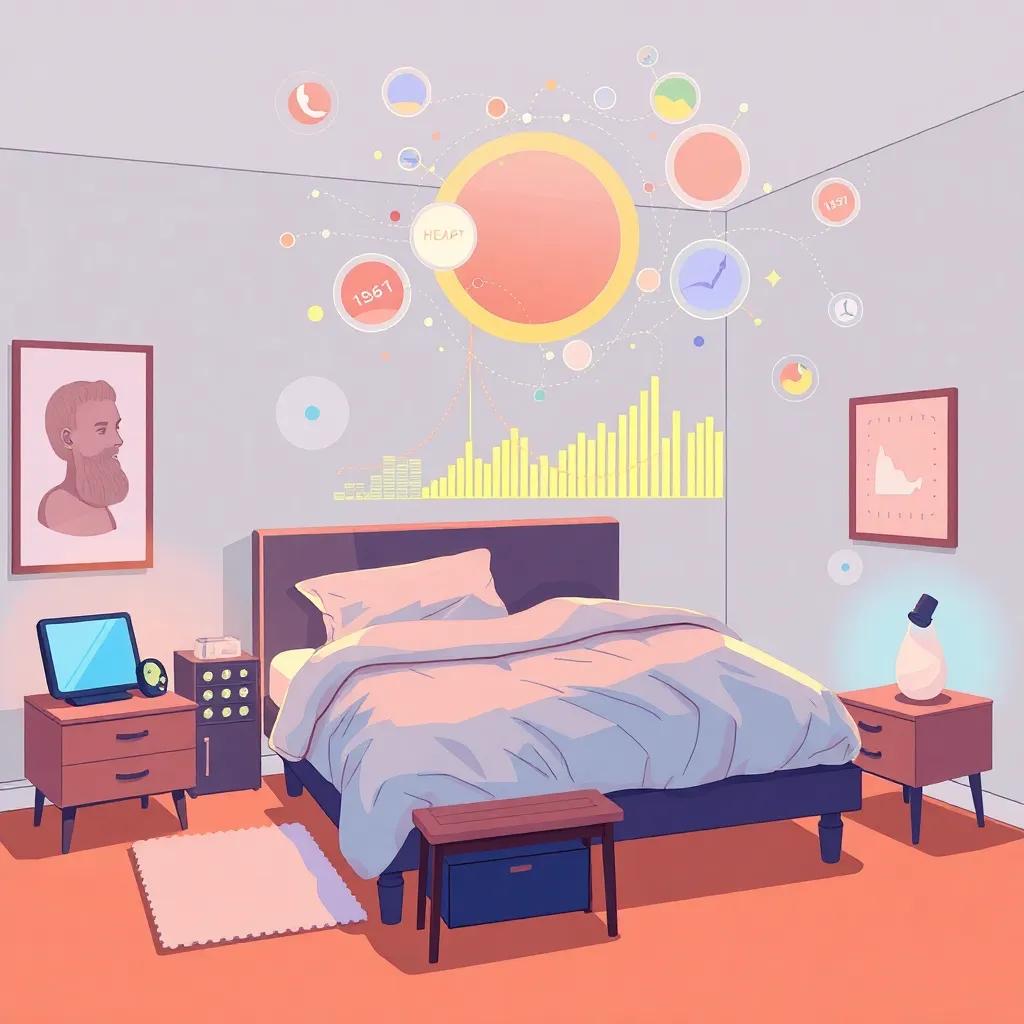Emerging sleep technology devices are revolutionizing health optimization by improving sleep quality and providing insightful data for users and healthcare professionals.
Sleep technologies are revolutionizing health by enhancing sleep quality and providing vital health insights.
As technology advances, sleep has become an area of keen interest for many health optimizers. The implementation of novel sleep technologies promises not only improved rest but also better overall health, a concept widely discussed among sleep experts and technologists.
The Rise of Smart Sleep Devices
Smart sleep devices have surged in popularity in recent years, providing users with comprehensive insights into their nighttime habits. Products such as the Oura Ring, Fitbit, and smart mattresses are part of this technological revolution. According to a report by the Sleep Data Trends, these devices track various parameters such as heart rate, breathing patterns, and movement, offering users in-depth analysis of their sleep stages.
“The integration of technology into sleep health has opened up new avenues for understanding how rest impacts our daily lives,” notes Dr. Sophie Bostick, a sleep scientist at the National Sleep Foundation. These insights empower users to make informed decisions about their sleep hygiene and daily habits.
Effectiveness of Sleep Technologies
The effectiveness of these smart devices has been subject to numerous studies. A review published in the Journal of Clinical Sleep Medicine highlighted that consistent use of sleep trackers helps users recognize sleep issues and work towards resolving them, although it emphasizes that professional guidance remains essential.
User testimonials further affirm these findings. Many have reported enhanced sleep quality and better health outcomes thanks to using these devices as part of their nightly routine. “Wearing my Oura Ring has provided me with the information I needed to improve my sleep and, ultimately, my overall wellness,” remarks a user from a popular health blog.
Future Implications and Considerations
As these technologies continue to evolve, the future of sleep optimization looks promising. However, experts caution against relying solely on technology for health interventions. “While data-driven insights are beneficial, it’s vital to maintain a balance and ensure that technology complements professional medical advice,” advises Dr. Michael Alden, a health technology researcher.
In conclusion, the role of sleep technology is increasingly pivotal in health optimization. As more data becomes available, these tools will likely play an even more significant part in understanding and improving sleep health.




